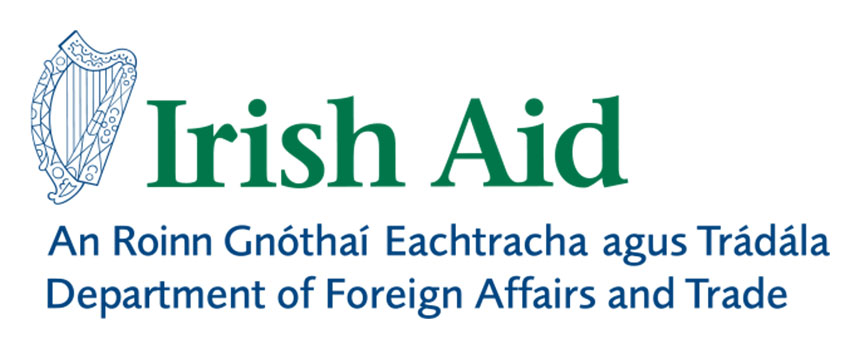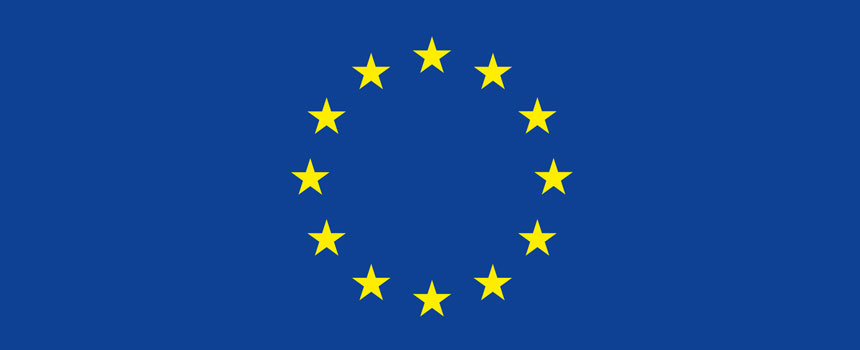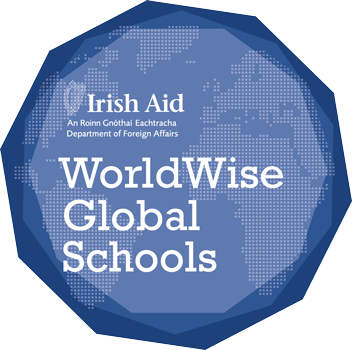Getting beyond Growth, Colonialism, Extractivism: a panel discussion with Prof. John Barry & Tatiana Roa Avendaño 31st May
03 May 2023

GCE Coordinator Hilary Darcy will moderate a panel discussion on Wednesday 31st May from 7 to 8.30 pm with two guest speakers: one from Ireland and one from Colombia.
Professor John Barry’s work looks at economic growth from an economic justice and climate justice perspective while digging deeper into demands for degrowth/post-growth. Tatiana Roa Avendaño’s work focuses on the colonial and extractive nature of the current economic system and its impacts in Latin America. Her work also looks at proposals from Latin America towards a post-extractivist economy and society, including the Eco-Social Pact of the South.
About our speakers
John Barry is a father, a recovering politician and Professor of Green Political Economy in the Centre for Sustainability, Equality and Climate Action at Queens University Belfast. He is also co-chair of the Belfast Climate Commission, a member of the Committee on Climate Change’s Economics Advisory Group on Adaptation and Resilience, and member of the Sustainable Future Committee of the Joseph Rowntree Charitable Trust. What keeps him awake at night is the life opportunities and future wellbeing of his and other children in this age of the planetary emergency and intersecting social and economic injustices within and between countries. What also keeps him awake at night is the following question: why it is easier for most people to believe in the end of the world than the end of capitalism and economic growth. His areas of academic-activist research include post-growth and heterodox political economy; decarbonisation and decolonisation; the politics, policy and political economy of climate breakdown and climate resilience; socio-technical analyses of low carbon just energy and sustainability transitions; climate injustice-based nonviolent direct action and social mobilisation; and the overlap between conflict transformation and these sustainability and energy transformations. His last book was The Politics of Actually Existing Unsustainability: Human Flourishing in a Climate-Changed, Carbon-Constrained World (2012, Oxford University Press), and he is currently writing a book provisionally entitled, The Greatest Story never told?: The origins, tyranny and end of ecocidal economic growth (Agenda Publishers). John Barry was one of FJI’s original bloggers! You can learn more about John Barry here.
Tatiana Roa Avendaño is an environmentalist, educator, researcher and founder of Censat Agua Viva (Friends of the Earth Colombia). Tatiana holds a Master's degree in Latin American Studies from the UASB in Quito, Ecuador and is a PhD candidate at CEDLA – University of Amsterdam in political ecology. She has written numerous articles and books on extractivism, water justice and energy sovereignty. She is one of the signatories and promoters of the Eco-Social Pact of the South (learn more about the Manifesto for an Ecosocial Energy Transition from the Peoples of the South).
As an activist, she is part of Oilwatch, the Alliance Against Fracking (Alianza Libre de Fracking) and Mining and Energy Social Dialogue (Mesa Social Minero Energética). She has also been part of diverse research groups such as Water Justice Alliance (Alianza por la Justicia Hídrica), the Abya-Yala Working Group on Political Ecology (Grupo de Trabajo de Ecología Política Abya-Yala) at CLACSO; Territorialities in Dispute and Resistance Working Group (Grupo de Trabajo: Territorialidades en Disputa y R-existencia) also at CLACSO.
We'd love you to join us
This event will be of particular interest to educators, organizers and activists who are grappling with existential threats, economic and social crisis, and are interested in transformative education for action. Register on Zoom now to secure your place.
The seminar is funded by Irish Aid at the Department of Foreign Affairs. Irish Aid is the Government’s overseas development program which supports partners working in some of the world’s poorest countries. Irish Aid also supports global citizenship education in Ireland to encourage learning and public engagement with global issues. The ideas, opinions and comments therein are entirely the responsibility of the participants and do not necessarily represent or reflect DFA policy.



